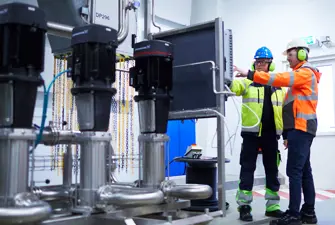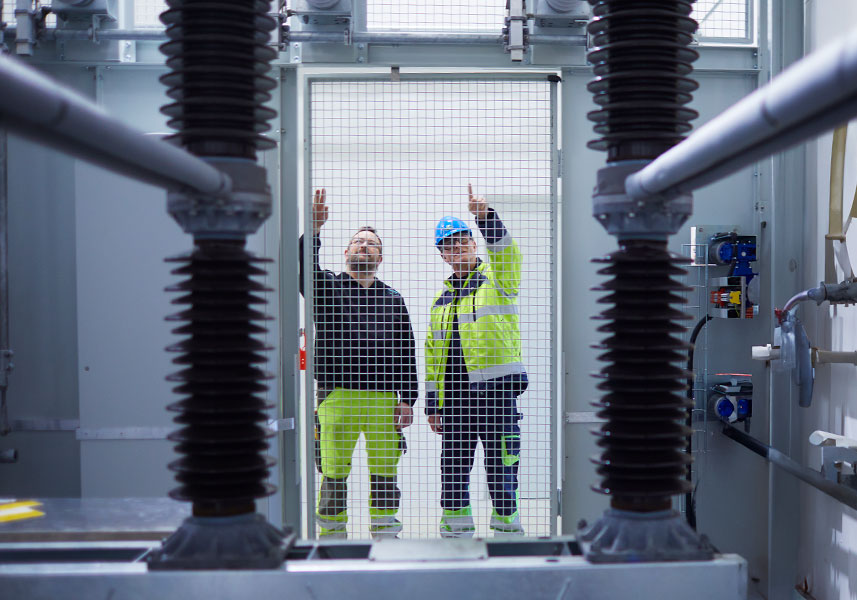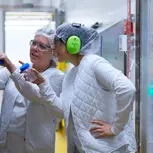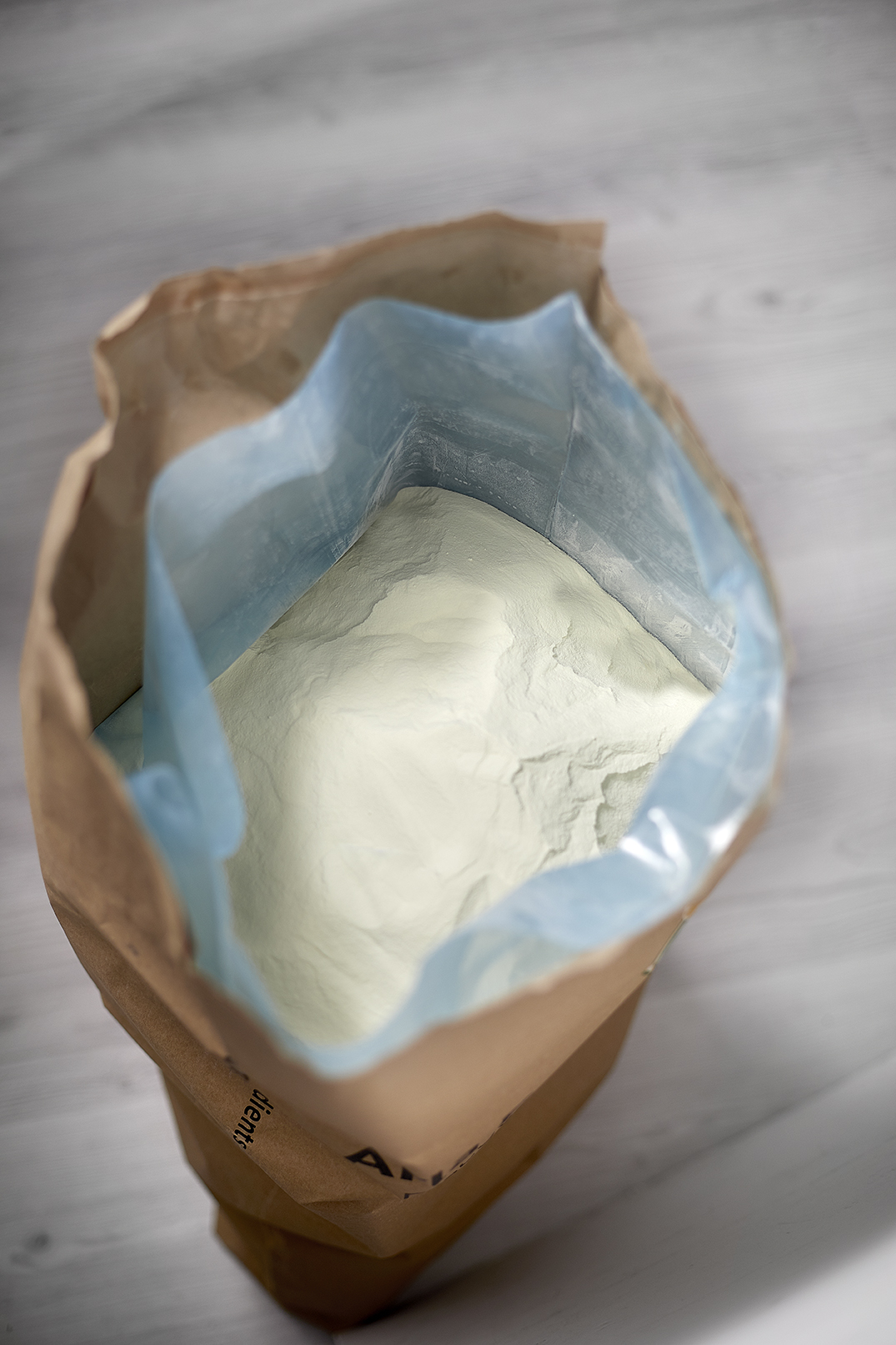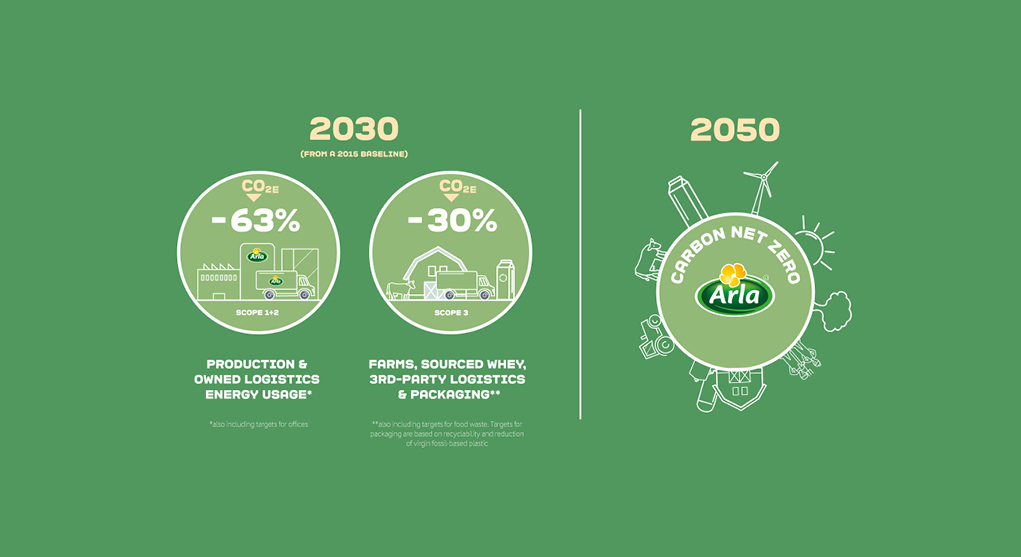Water efficiency
Water optimisation is, at all times, about expanding our ability to reuse and recycle water extracted from milk and whey and reducing our reliance on well water supplies. As our production grows, we are committed to driving circular water management to minimise the environmental footprint of our production sites.


